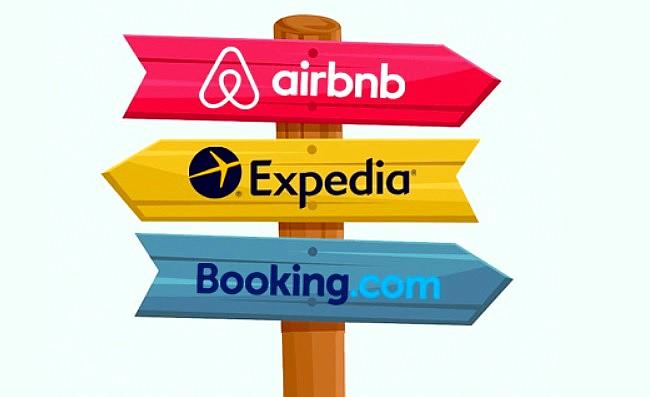
After all the hand-wringing hotel executives did when Airbnb first hit the marketplace, I think it’s time to stop worrying. We need to embrace it for what it is: It’s not a disruptor. It’s an augmenter. It’s reshaping the overall lodging industry, and opening up other business models, even for us traditional hoteliers.
In fact, I see elements of the Airbnb model converging in our industry—and vice versa. After a pilot program, industry giant Marriott International launched this April a home-sharing reservation service, Homes & Villas by Marriott, for some 2,000 luxury homes in the U.S., Europe and Latin America. The company hopes the combination of its rewards program and upscale accommodations will lure travelers.
This was preceded by Accor, who entered the home-sharing space with its acquisition of Onefinestay in 2016. It’s still to be determined whether the brands’ plunge into home-sharing will pay off, given they’re up against a major player in Airbnb.
Yet at the same time, Airbnb may be morphing into a hotel ownership company. In April, Airbnb announced a partnership with a New York City real estate developer to convert 10 floors at 75 Rockefeller Plaza into 200 upscale apartment-style suites. Check-ins are expected to start in 2020. It’s my understanding that this would be operated by a third party.
Then there are the hybrid home-sharing platforms and hotel operators, such as startup Lyric Hospitality and Sonder. These companies lease blocks of apartments and manage the units as a hotel management firm would. The units are properly zoned for hotels, and the ownership entities pay taxes. In other words, they operate a legal hotel.
It’s a distribution channel, not a hospitality company
When Airbnb emerged on the scene, there was a public perception it was a “brand” of sorts, and therefore, would compete with the major hotel brands. But Airbnb isn’t a brand; it’s a distribution channel, just like all the other online travel agencies. As such, it faces stiff competition from Expedia, Booking.com and other home-sharing apps (HomeAway and VRBO, to name two), where consumers can book home-sharing accommodations if they prefer.
Private hosts and lodging servicing companies such as Lyric and Sonder might list on multiple distribution sites, the way hotels do with OTAs. As we move forward, more and more hotels will actually list product on home-sharing sites (condo/vacation type hotels); some do already. A great example is the Grove Resort & Waterpark in Orlando, managed by Benchmark. Airbnb charges significantly less than Expedia, so hotels will generate more reservation revenues from an Airbnb referral.




